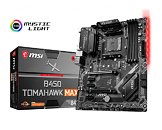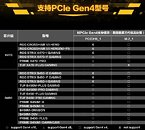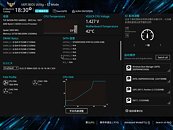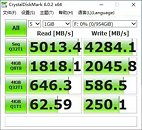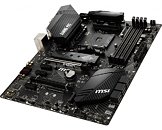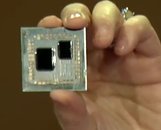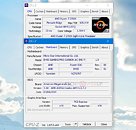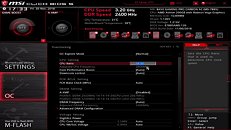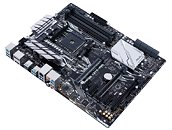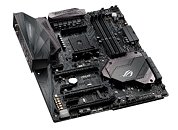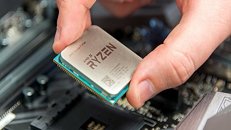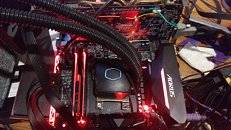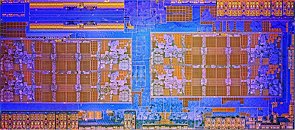
AMD Readies AGESA ComboAM4 1.0.0.3ABB, Addresses Several Issues Affecting 3rd Gen Ryzen
AMD today addressed multiple issues with its 3rd generation Ryzen processors through a highly-recommended update to its Chipset Driver software. To begin with, it stated that several users noticed anomalous behavior with 3rd generation Ryzen chips where the voltages and clock-speeds would be raised as the processor would misinterpret low-scale performance requests from certain software as a request to unlock higher performance states (combinations of higher clock-speeds and voltages to support them). This first came to light when users reported abnormally high voltages at idle when performance was measured by certain software that caused the Observer Effect. The new version 1.07.29 of AMD Chipset Drivers refine the AMD Ryzen Balanced Windows power scheme to be more aware of low-priority workloads and ensure the right state when the system is idling. AMD recommends Ryzen Master software. Version 2.0.0.1233 (or later), as they have fixes to the hardware monitoring module.
The AMD Chipset Drivers 1.07.29 also includes a "beta" fix for the bug that rendered "Destiny 2" unplayable on machines powered by 3rd generation Ryzen processors. The company had earlier tried to fix this bug through an update to its AGESA processor microcode, through ComboAM4 1.0.0.3ABA, although that particular version, not to be confused with the widely circulated 1.0.0.3AB, was found to be buggy and pulled. AMD said it's working on a newer version of AGESA, version ComboAM4 1.0.0.3ABB, which will include "a more comprehensive solution" to the bug affecting "Destiny 2."
The AMD Chipset Drivers 1.07.29 also includes a "beta" fix for the bug that rendered "Destiny 2" unplayable on machines powered by 3rd generation Ryzen processors. The company had earlier tried to fix this bug through an update to its AGESA processor microcode, through ComboAM4 1.0.0.3ABA, although that particular version, not to be confused with the widely circulated 1.0.0.3AB, was found to be buggy and pulled. AMD said it's working on a newer version of AGESA, version ComboAM4 1.0.0.3ABB, which will include "a more comprehensive solution" to the bug affecting "Destiny 2."




